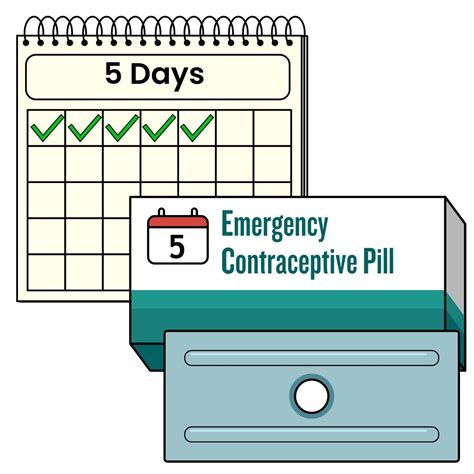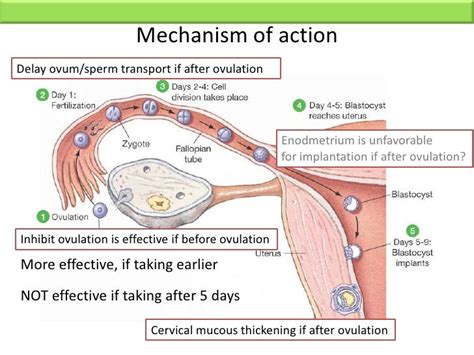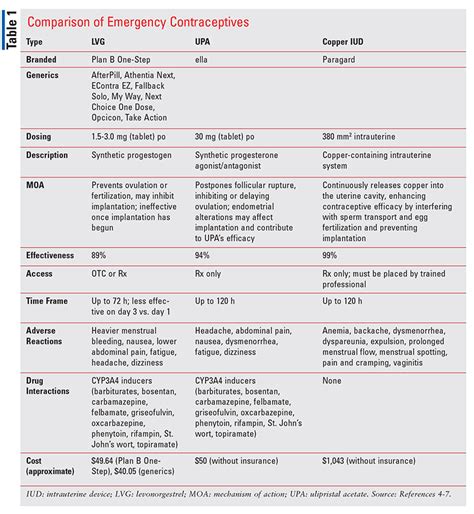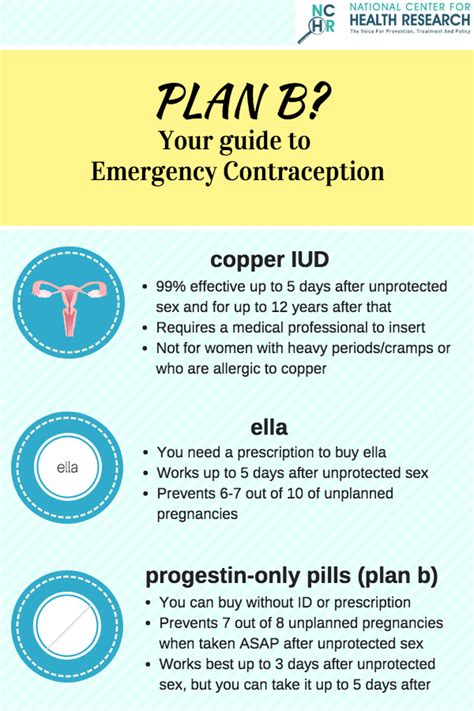Intro
Learn about Morning After Pill Emergency Contraception, a safe and effective way to prevent pregnancy after unprotected sex, using hormonal emergency contraception methods like Plan B and Ella to prevent unwanted pregnancy.
The morning after pill, also known as emergency contraception, is a vital component of reproductive health care. It provides women with a safe and effective way to prevent pregnancy after unprotected sex or when other forms of contraception have failed. The importance of this topic cannot be overstated, as it has the potential to greatly impact the lives of individuals and families around the world. With the rise of awareness about reproductive rights and the need for accessible health care, it's essential to delve into the world of emergency contraception and explore its benefits, mechanisms, and usage.
The need for emergency contraception arises from various situations, including unprotected sex, condom failure, or missed contraceptive pills. In such instances, the morning after pill can be a lifesaver, providing a second chance to prevent unintended pregnancy. However, despite its importance, there are still many misconceptions and myths surrounding emergency contraception. It's crucial to separate fact from fiction and provide accurate information to help individuals make informed decisions about their reproductive health. By understanding the ins and outs of emergency contraception, we can work towards creating a more informed and empowered society.
The topic of emergency contraception is multifaceted, encompassing not only the morning after pill but also other forms of contraception, such as intrauterine devices (IUDs) and contraceptive injections. Each of these methods has its unique benefits and drawbacks, and it's essential to explore them in depth to provide a comprehensive understanding of the subject. Furthermore, the discussion around emergency contraception is not limited to the medical aspect; it also involves social, cultural, and economic factors that influence access to and utilization of these services. By examining these various aspects, we can gain a deeper understanding of the complex issues surrounding emergency contraception and work towards creating a more supportive and inclusive environment for individuals seeking reproductive health care.
What is Emergency Contraception?

Types of Emergency Contraception
There are several types of emergency contraception available, each with its unique characteristics and benefits. These include: * Levonorgestrel (Plan B): a progestin-only pill that can be taken up to 72 hours after unprotected sex * Ulipristal acetate (ella): a pill that can be taken up to 120 hours after unprotected sex * Copper IUD: a device that can be inserted up to 5 days after unprotected sex * Contraceptive injection: a shot that can be given up to 5 days after unprotected sexHow Does Emergency Contraception Work?

Benefits of Emergency Contraception
The benefits of emergency contraception are numerous and well-documented. Some of the most significant advantages include: * Prevention of unintended pregnancy: emergency contraception can prevent up to 89% of unintended pregnancies * Reduced risk of abortion: by preventing unintended pregnancy, emergency contraception can reduce the need for abortion * Increased access to reproductive health care: emergency contraception can provide individuals with a safe and effective way to manage their reproductive healthWho Can Use Emergency Contraception?

How to Access Emergency Contraception
Accessing emergency contraception can be relatively straightforward, depending on where you live and the laws in your country. In many places, emergency contraception is available over-the-counter at pharmacies or online. However, in some areas, a prescription may be required. It's essential to know the laws and regulations in your area and to have a plan in place in case you need emergency contraception.Common Misconceptions About Emergency Contraception

Addressing Concerns and Questions
It's natural to have questions and concerns about emergency contraception, especially if you're considering using it. Some common questions include: * Is emergency contraception safe? * How effective is emergency contraception? * Can I use emergency contraception if I'm already pregnant? * Can I use emergency contraception if I have certain medical conditions?Conclusion and Next Steps

What is the most effective form of emergency contraception?
+The most effective form of emergency contraception is the copper IUD, which can prevent up to 99% of unintended pregnancies.
Can I use emergency contraception if I'm already pregnant?
+No, emergency contraception is not effective if you're already pregnant. If you suspect you're pregnant, it's essential to consult a healthcare provider for guidance and support.
Is emergency contraception safe to use?
+Yes, emergency contraception is safe to use, but it's essential to follow the instructions and consult a healthcare provider if you have any concerns or questions.
